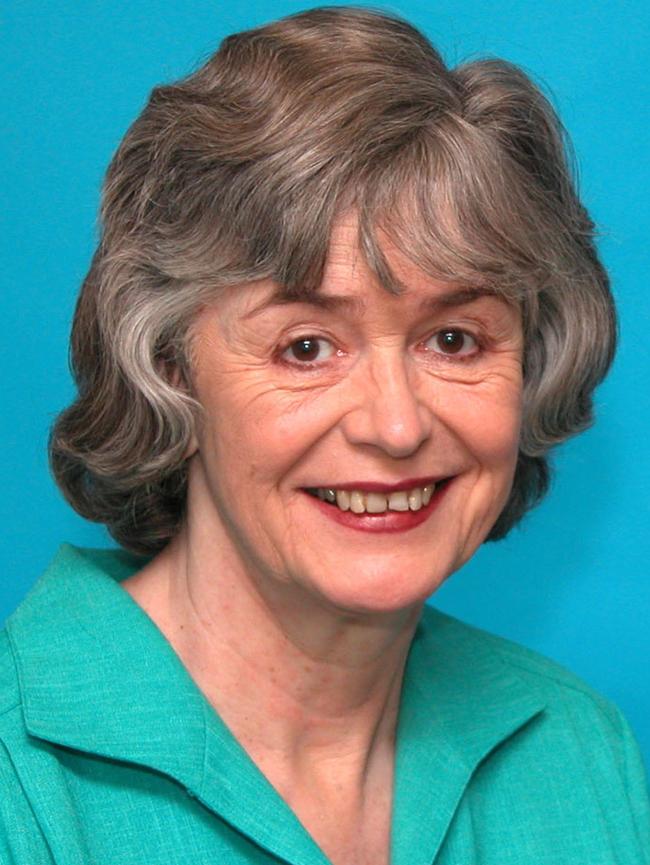Family values advocate Roslyn Phillips says new education policy risks damaging both transgender and intersex students
SA MINISTER for education and child development Susan Close should reconsider her department’s new policy on transgender and intersex students.
Opinion
Don't miss out on the headlines from Opinion. Followed categories will be added to My News.
- Safe Schools program push includes young SA children
- Mother of transgender child wants Safe Schools program to continue
- Adelaide teenager Gemma Cowling becomes a transgender trailblazer
SA MINISTER for education and child development Susan Close should reconsider her department’s new policy on transgender and intersex students.
Requiring all staff and students to respect a child’s choice of sex, name, clothing, toilets and changerooms could harm the very children she is trying to help.
Brett (not his real name) is just one of those who could have been damaged if the policy had been adopted some years ago.
Brett was only three years old when he discovered Barbie dolls. His parents thought it was a phase he would soon outgrow, but that didn’t happen.
He wanted to wear pink dresses, and would only play with girls. He told people he would be a mummy when he grew up.

His parents consulted their paediatrician, who had seen a number of children like Brett over the years. He said that over time, every one of them had eventually lost their unhappiness with the sex they were born with (gender dysphoria).
The paediatrician advised Brett’s parents to encourage play with other gentle, friendly boys, along with special father-son outings. By puberty, Brett’s transgender feelings had disappeared. Studies show that the same is true for nearly all children like Brett before adulthood — if nature is allowed to take its course.
Studies of identical twins with identical genes show that where one twin is transgender, in more than half cases the other is not. Transgender children are not “born that way”, although there may be underlying vulnerability.
A 2011 long-term follow-up study in transgender-friendly Sweden has found very high suicide rates for adults who have undergone sex reassignment some 10 years earlier.
“Sex change” may be far from safe. Yet, the new SA schools policy on support for transgender and intersex students appears to ignore this evidence.
Brett’s paediatrician advised gentle, loving affirmation of the child’s biological sex. The schools policy heads in the other direction, reinforcing the child’s transgender feelings.
The policy risks damaging both transgender and intersex students and others, when boys are allowed in girls’ toilets and changerooms or vice versa.
With educational standards already falling, this gender diversity policy is heading in the wrong direction. Based on an unproven theory of “gender fluidity”, it could create more problems than it would solve.
Roslyn Phillips was a longtime national research officer for Family Voice Australia.


